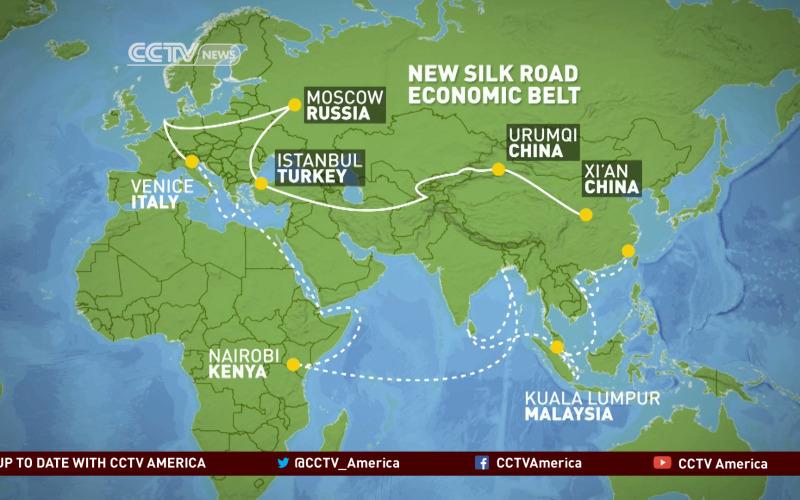On May 27, I had the privilege of spending time with Ben Bernanke, former chairman of the Federal Reserve System, in Seoul, South Korea. ...
Turning to the international monetary system, Bernanke was also candid and said, “The international monetary system is not coherent.” He explained that the current combination of floating exchange rates, fixed exchange rates and moving pegs means that trading partners have no confidence in their relative terms of trade and this acts as a drag on trade, foreign direct investment and capital expenditures.
He said, “Over time, it would be important for the countries of the world to talk more about how to avoid the mixture of fixed and floating exchange rates. We need new ‘rules of the game.’”
Of course, international monetary experts know that the phrase “rules of the game” is code for a reformation of the international monetary system, or what some call a global reset. Bernanke was explicit that this reset is needed to end the dysfunction of the current system.
Some aspects of a global reset have already been put in place. For the past several years, the IMF has been attempting to change its quota system to give China more votes at the IMF, more in line with China’s 10% share of global GDP. Right now China has less than 5% of the votes, which is low compared with some much smaller economies in Europe.
The U.S. Congress has refused to approve legislation needed to implement the changes at the IMF. Referring to the closed-door negotiations among the U.S., IMF and China that led to the proposed reset in the quotas, Bernanke said, “I participated in this.”
This was surprising to me because traditionally matters involving the IMF are handled by the Treasury Department rather than the Federal Reserve. Bernanke’s confirmation of his participation made it clear that the Fed, Treasury, IMF and China are working hand in glove on the early stages of the reset.
China has grown increasingly frustrated at the delays from Washington in changing the IMF quotas to give China a larger vote. The Chinese have begun building their own version of the IMF in the form of the Asian Infrastructure Investment Bank (AIIB) and other institutions through the BRICS and the Shanghai Cooperation Organization.
Bernanke was dismissive of the AIIB and said, “I don’t think it’s going to be very important. It’s going to be a footnote.” I took this to mean that Bernanke expects the IMF voting reforms to move forward, in which case, China will be happy to play by the rules of the existing Bretton Woods institutions rather than try to start its own club independent of the IMF.
This interpretation is consistent with China’s large gold acquisitions in recent years. The U.S. has about 8,000 tons of gold, the eurozone has about 10,000 tons, and the IMF has about 3,000 tons. China would need at least 4,000 tons, probably more, to be a credible member of this elite group.
The AIIB is best seen as a kind of head fake, and Bernanke implicitly confirmed this. China’s real goal is to acquire gold, have the yuan included in the IMF’s special drawing rights basket and have its IMF votes increased. All of these resets are now well underway.
...




